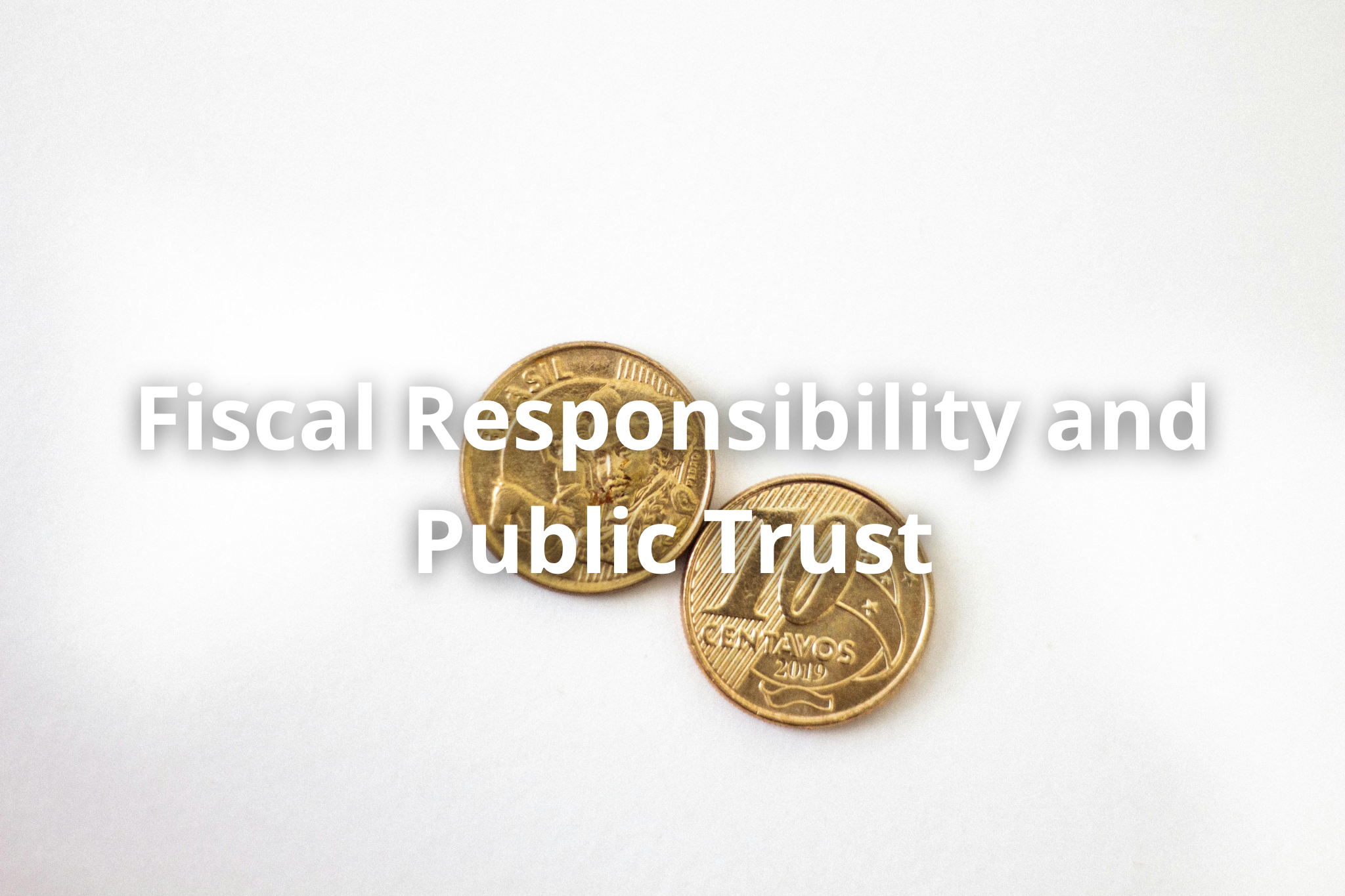
In a democracy, the relationship between the government and its citizens is built on trust and mutual responsibility. As a politician, my goal is to ensure that this relationship remains strong and transparent, particularly in matters related to fiscal policy. Taxation, often seen as a burden, is a fundamental aspect of governance that ensures the smooth functioning of our society. In this essay, I will explore the essential role of taxation, its impact on various sectors, and the principles that should guide tax policy to foster economic growth and social equity.
Read also: Navigating the Financial Maze
The Foundation of Public Services
Public services form the backbone of any thriving community, providing essential support and infrastructure that enhance the quality of life for all citizens. The funds required to maintain and improve these services are primarily derived from taxes. Without a robust taxation system, the government would be unable to fund vital services such as education, healthcare, and public safety.
Education: Quality education is the cornerstone of a prosperous society. Tax revenues ensure that public schools, colleges, and universities can provide the resources needed for effective teaching and learning. Investment in education leads to a more knowledgeable and skilled workforce, driving innovation and economic growth.
Healthcare: Public health systems rely heavily on tax funding to offer accessible and affordable healthcare to all citizens. Taxes support hospitals, clinics, and public health initiatives that safeguard the well-being of the population. A healthy population is more productive and capable of contributing to the economy.
Public Safety: Police, fire services, and emergency responders are essential for maintaining order and safety within communities. These services, funded by taxes, provide the protection and security necessary for individuals and businesses to thrive without fear of crime or disaster.
Economic Stability and Growth
Taxation is not only about funding public services but also about maintaining economic stability and fostering growth. Well-designed tax policies can stimulate economic activity, create jobs, and encourage investments.
Infrastructure Development: Investment in infrastructure, such as roads, bridges, and public transit systems, is crucial for economic development. Taxes provide the necessary funding for these projects, which in turn create jobs and enhance productivity by improving connectivity and reducing transportation costs.
Business Environment: A fair and predictable tax system creates a stable business environment. Companies are more likely to invest and expand when they understand the tax landscape and can plan accordingly. Tax incentives for research and development, for example, can drive innovation and keep the economy competitive on a global scale.
Redistribution of Wealth: Progressive taxation, where higher earners pay a larger percentage of their income, helps reduce income inequality. By redistributing wealth, the government can fund social programs that support low-income individuals and families, promoting social cohesion and economic inclusivity.

Principles of Fair Taxation
For a tax system to be effective and equitable, it must adhere to certain principles that ensure fairness and efficiency. These principles include equity, simplicity, transparency, and economic neutrality.
Equity: The principle of equity dictates that individuals should contribute to public finances according to their ability to pay. Progressive tax rates ensure that those with higher incomes contribute a fairer share, while tax credits and deductions can provide relief to those in need. This approach helps to address economic disparities and promotes social justice.
Simplicity: A simple tax system is easier for taxpayers to understand and comply with. Reducing complexity in tax laws minimizes administrative burdens and reduces the costs associated with tax compliance. Simplification can also help to close loopholes that are often exploited to avoid paying taxes.
Transparency: Transparency in taxation is essential for building public trust. Citizens should clearly understand how tax revenues are collected and how they are spent. Transparent reporting and accountability measures ensure that taxpayers can see the direct benefits of their contributions, fostering greater civic engagement and trust in government.
Economic Neutrality: Tax policies should aim to minimize distortions in economic behavior. This means avoiding policies that disproportionately favor certain industries or activities over others unless there is a clear public benefit. Neutral tax policies ensure a level playing field and allow market forces to drive economic efficiency.
Contemporary Challenges and Reforms
The modern tax landscape is faced with several challenges that require thoughtful reforms to maintain fairness and efficiency. Addressing these issues is crucial for adapting to changing economic conditions and ensuring that the tax system continues to meet the needs of society.
Globalization: The globalization of the economy has made it easier for businesses to operate across borders, complicating tax collection. Ensuring that multinational corporations pay their fair share of taxes is a significant challenge. International cooperation and updated tax treaties are essential to address issues such as profit shifting and tax havens.
Digital Economy: The rise of the digital economy presents new challenges for taxation. Traditional tax systems struggle to capture revenue from digital transactions and services. Developing new frameworks for taxing digital businesses is crucial to ensure that the tax system remains fair and effective in a rapidly evolving economic landscape.
Tax Evasion and Avoidance: Tax evasion and avoidance undermine the integrity of the tax system and reduce public revenues. Strengthening enforcement mechanisms, closing loopholes, and promoting international cooperation are essential for combating these issues. Transparent reporting and compliance frameworks can help ensure that all entities pay their fair share of taxes.
Environmental Sustainability: Environmental taxes, such as carbon taxes, are increasingly being used to address climate change. These taxes incentivize environmentally friendly practices and generate revenue for sustainable development initiatives. However, designing effective environmental taxes requires careful consideration of their economic impact and social implications.
Advocating for Supportive Tax Policies
As a politician, advocating for tax policies that support economic growth, social equity, and environmental sustainability is paramount. Here are some areas where policy changes could provide significant benefits:
Progressive Taxation: Ensuring that the tax system remains progressive is key to fairness. Increasing tax rates for higher-income earners while providing tax relief for low- and middle-income families can help balance the scales. Expanding tax credits like the Earned Income Tax Credit (EITC) can provide additional support.
Simplification of Tax Code: Simplifying the tax code and reducing paperwork can make it easier for individuals and businesses to comply with tax obligations. Clearer regulations and streamlined processes can reduce the administrative burden and costs associated with tax compliance.
Incentives for Innovation and Sustainability: Providing tax incentives for research and development, renewable energy, and sustainable practices can drive economic growth and environmental sustainability. These incentives should be carefully designed to achieve specific policy goals without creating undue complexity or favoritism.
Support for Small Businesses: Small businesses are the backbone of the economy, and providing tax relief and incentives can help them thrive. Simplified reporting requirements, lower tax rates, and access to grants and loans can support small business growth and job creation.
Conclusion
Taxation is a fundamental aspect of governance that ensures the smooth functioning of society, economic stability, and social equity. As a politician, my goal is to advocate for a tax system that is fair, efficient, and transparent. By understanding the critical role of taxes in funding public services, promoting economic growth, and addressing social disparities, we can build a stronger and more resilient nation.
Effective tax policy requires continuous evaluation and adaptation to meet the evolving needs of society and the economy. Through informed debate and collaborative policymaking, we can create a tax system that not only generates the necessary revenue for our government but also supports economic growth, reduces inequality, and enhances the quality of life for all citizens. By fostering a culture of compliance and transparency, we can ensure that our tax system earns the trust and cooperation of the public, paving the way for a prosperous and equitable future.






